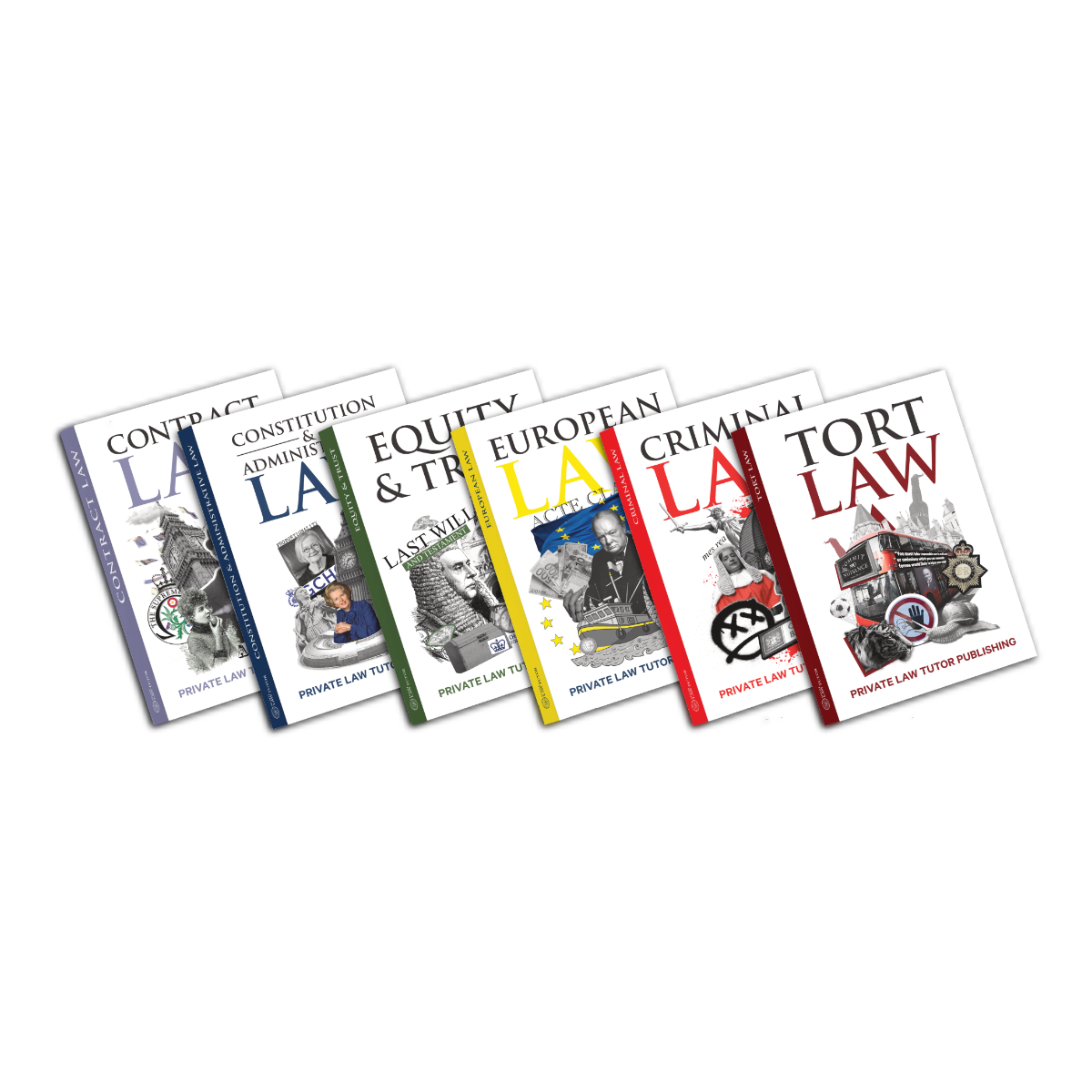Inter vivos
Inter vivos meaning
An Inter vivos trust is a type of trust created when the person is alive and created by the settlor when he his lifetime. Also known as a living trust, or an inter vivos trust or loving trust, is established during the settlor's lifetime by the use of a declaration of trust. Even after the settlor has transferred ownership rights to the trustee, the settlor continues to exercise control over the assets that are held in trust. Due to the fact that the assets are kept in trust, nevertheless, the settlor may continue to exercise control over the assets, it is often utilised as part of estate planning in order to circumvent the probate process. Unless it is declared irreversible by the settlor, a living trust may often be terminated at any moment during the settlor's lifetime. If the trust is revocable, the assets inside it are not protected from the settlor's creditors in the event that the settlor declares bankruptcy.
A Public trusts
Public Trust – Trusts created for the benefit of the public are public trusts. These include:
Purpose Trust - A purpose trust is a type of trust that has not beneficiaries, but instead exists for advancing non-charitable purpose of some kind. Trusts for charitable purposes are also technically purpose trusts, but they are usually referred to simply as charitable trusts.
Charitable trust - A charitable trust is a type of public trust, created exclusively for charitable purposes. The trust is established for the benefit of the public. The trust must benefit the society or a large part of the community.
Private Trusts
Private Express Trust – Those trusts created for the benefit of people are private trusts. It is a Trust expressly created by the parties, not inferred by the law from the conduct of the parties. Under this category there are two possible types of Trust: Fixed Trust and Discretionary Trust.
Fixed Trust - A fixed trust is one where the terms of the trust are determined and stipulated exhaustively at the outset by the settlor. These include who is a beneficiary, what is he or she to get, when they are to get it and on what conditions if anything. If the trust instrument stipulates all of these matters then the trustee’s dispositive function becomes mechanical, in that he does not have to exercise judgment just follow what is set out in the instrument. This is the traditional type of trust. A trustee holds a property for multiple beneficiaries or a single one. The important aspect of a fixed trust is that the trust fund itself dictates what the beneficiaries are going to get. It is the trust that states what each beneficiary will receive. It is not compulsory to attribute equal share to the parties. A settlor may decide to give 1 per cent to one beneficiary and 99 per cent to the second beneficiary. The trust itself stipulates what each beneficiary will receive.
Law books
We at Law Tutor are leaders in private law tutoring and legal education for all law courses. Use Law Tutor's law books and notes for the LLB degree, PGDL and other legal courses. Law Tutor is a former university law lecturer and barrister.


